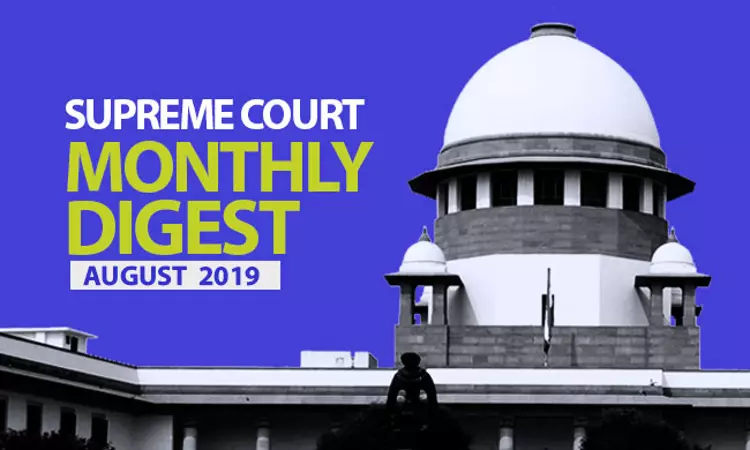Next Story
5 Oct 2019 12:28 PM IST
Section 313 CrPC: Inculpatory Material As Not Put To The Accused Must Be Eschewed Samsul Haque vs. State of Assam The Supreme Court has reiterated that the incriminating material that came in evidence is to be put to the accused during his examination under Section 313 of the Criminal Procedure Code.The bench comprising Justice Sanjay Kishan Kaul and Justice KM Joseph said that...

